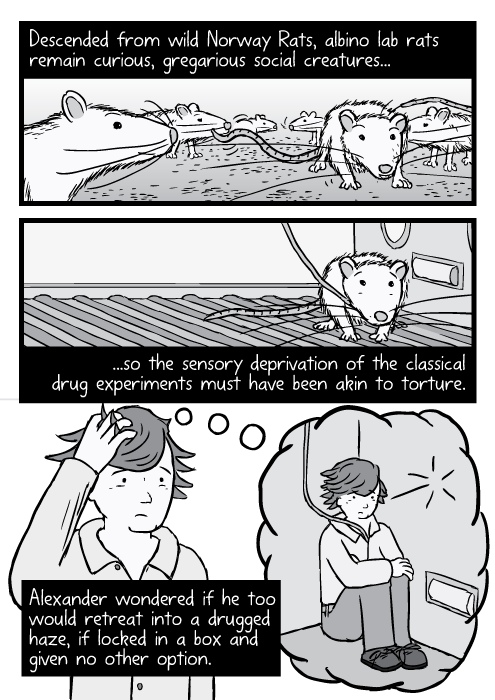A lot of people are now talking about Jamen Shively – a name I had not heard before Thursday. Here’s the basics:
A former Microsoft executive plans to create the first U.S. national marijuana brand, with cannabis he hopes to eventually import legally from Mexico, and said he was kicking off his business by acquiring medical pot dispensaries in three U.S. states.
Well, isn’t that special.
It’s an incredible attention getter and has managed to launch him into the spotlight, but as a business plan it makes about as much sense as selling mineral rights on Mars.
If it’s legit, then I see it mostly as a distraction and have very little interest.
The one glimmer in it is the participation of Vicente Fox.
Joining him was former Mexican President Vicente Fox, a longtime Shively acquaintance who has been an advocate of decriminalizing marijuana. Fox said he was there to show his support for Shively’s company but has no financial stake in it.
“What a difference it makes to have Jamen here sitting at my side instead of Chapo Guzman,” said Fox, referring to the fact he would rather see Shively selling marijuana legally than the Mexican drug kingpin selling it illegally. “This is the story that has begun to be written here.”
Now that’s a powerful message.
If that’s Shively’s game (and I certainly have no information that it is), then I could see a very interesting time with him dancing circles around the feds, openly talking about creating big international marijuana business and organizing his “company,” but without actually doing anything, or owning anything, illegal under federal law.
It would leave the feds looking weak, and help the public realize that even big business marijuana is better than big business illegal marijuana that we have now.
That could be fun. But again, it’s too early to tell.
There was one totally gratuitous argument in the article that made absolutely no sense at all.
Washington state’s marijuana consultant, Mark Kleiman, said he was skeptical of Shively’s plans, and feared that the businessman is seeking to profit off others’ addiction.
Really? That’s where you needed to go? Does the consumer have no rights or responsibilities in your universe?


